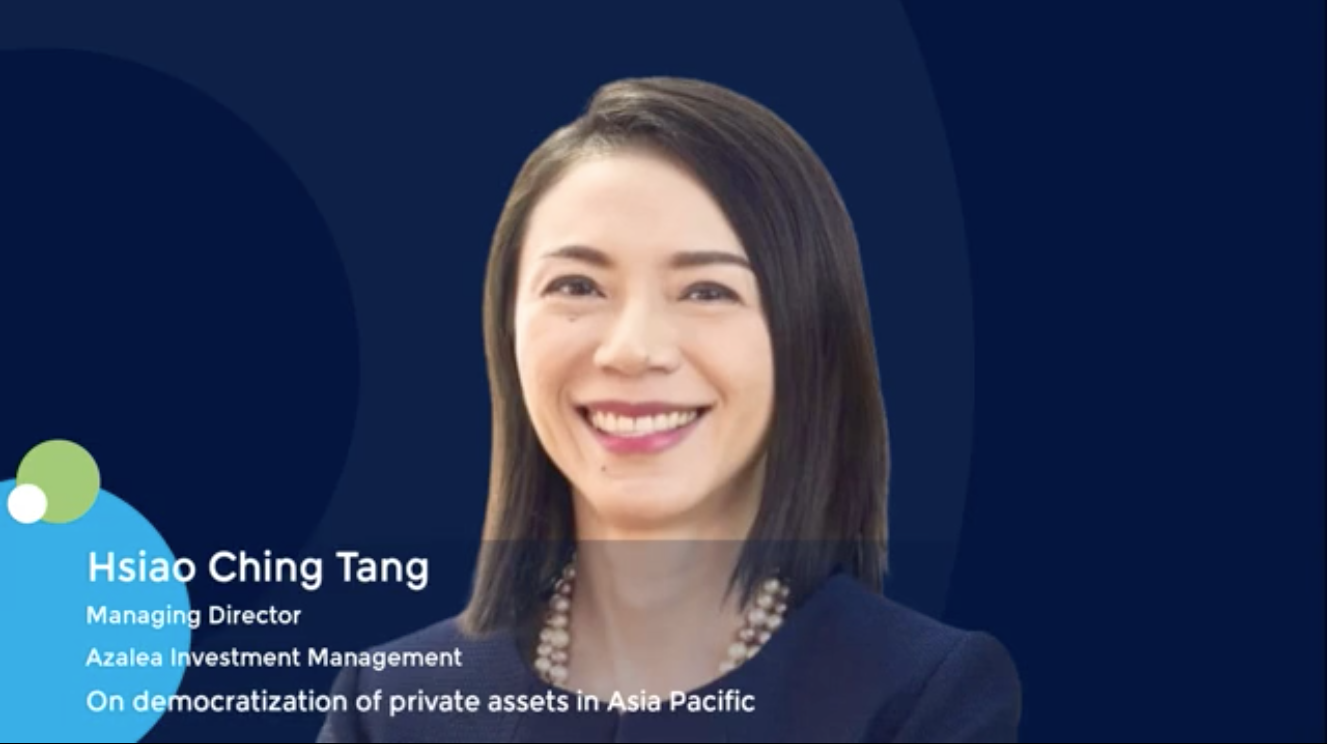Private equity firms are turning to third-party fund administrators to help navigate increasingly complex regulations and rising LP demands. The founders of three-year-old Petra Funds Group discuss technology, turnover and why so many middle-market PE firms are turning to outside fund administration.
When Peter Haskopoulos and Stephen Coats left their senior positions at Riverstone Holdings to launch their New York-based third-party fund administrator three years ago, Covid was at its peak.
“We had some early scary times,” Coats recalls of the 2021 launch.
But their timing, it turned out, could not have been better. They launched just as firms without the resources of KKR (NYSE: KKR), Blackstone (NYSE: BX) and other industry titans began looking to outsource fund administration as private equity itself matured into a complex and significant asset class.
Fund administrators were settling in as in-demand, standalone businesses and wooing PE investment after languishing as overlooked divisions of investment banks, accountancies and law firms.
The pair also had the benefit of launching with the backing of several partners at Riverstone Holdings, where Coats served as general counsel and Haskopoulos served as CFO.
“We took a very calculated leap,” with the Riverstone backing, Coats says. “And we had an extreme level of conviction. There were two critical dysfunctions: the software being used and high turnover with points of contact.”
Coats says the biggest complaint he was hearing from PE firms was their frustration with ever-changing points of contact with their vendors. Petra solves this, Coats says, with better pay and a firm-wide equity program that goes a long way to de-commoditizing the sector.
“Everybody was looking to drive down costs by finding the cheapest labor,” Coats says. “That led to massive turnover.”
Then there was the problem of aging technology and the perception that each firm’s fund administration was bespoke and changing systems would be too disruptive.
Haskopoulos says most fund administration technological requirements are the same industry-wide and individual tweaks are relatively simple to accommodate.
“There has been a real big change technology wise,” Haskopoulos says. “Everything was moving to the cloud. From a software perspective, most operations weren’t operating in that environment.”
Even though the space has been buffeted by the same recent fundraising headwinds affecting the entire industry, PE firms have begun targeting vendors for buyouts and investments.
Charlesbank Capital Partners invested in Petra last year.
The administrators share many of the classic attributes PE loves: asset-light businesses with healthy margins and sticky customer bases.
In 2024, for instance:
- Warburg Pincus took a minority stake in Aztec Group and agreed to be a “key client” of the fund administrator.
- Vitruvian Partners invested in fund admin Arduro Advisors
- Permira sold its majority stake in Alter Domus to Cinven for a 7x return.
- Astorg secured a $1.3 billion continuation fund for portfolio company IQ-EQ with commitments from AlpInvest and Goldman Sachs Asset Management (NYSE: GS).
Now, the pair says the current challenge is to meet the rising demand for one-stop shopping services beyond back-office administration. PE firms are increasingly looking for a single vendor for fund accounting, LP relations, ESG reporting, regulatory compliance and other services.
To that end, Petra launched its ESG services in September.
“Fund administration is taking a lot of different forms,” Haskopoulos says. “Clients are looking for much more than cookie-cutter services.”




